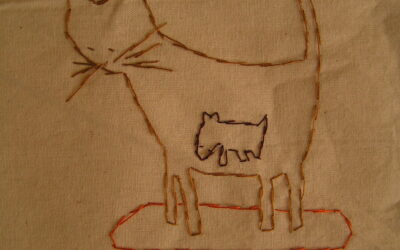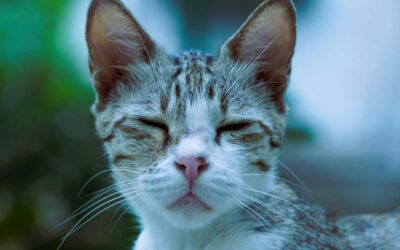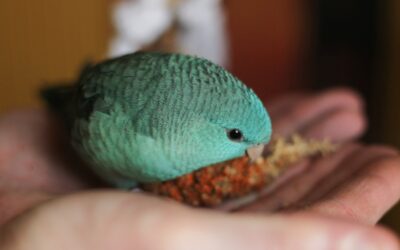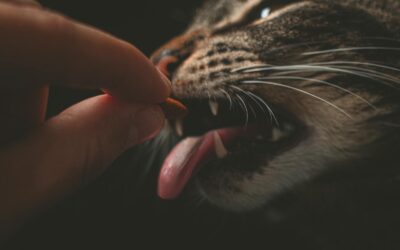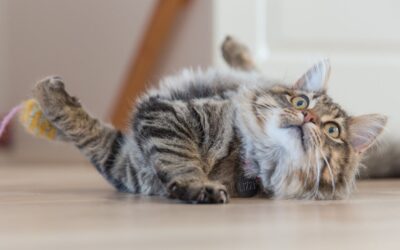Thinking about adding a Bengal to your family? Not surprising! This unique breed can make a fantastic pet for the right owner. But how long can you expect your furry friend to be around for? How long do Bengal cats live?
Let’s go into Bengal cat lifespan and how you can make sure your cat lives a long and happy life!
How long do Bengal cats live?
Bengal cats are a pretty healthy breed as far as cats go. They don’t have many specific health issues and you can expect your pet Bengal to be around for anywhere between 9-20 years. Somewhere in the middle of that, around 12-15, is the average.
This makes getting a Bengal a long-term commitment, so make sure you’re ready for your cat to be part of your family for a decade or more!
How long do Asian leopard cats live?
As you may know, Bengal cats are hybrids between domestic cats and wild cats. Specifically, they often descend from Egyptian Mau cats (which are chosen for their beautiful spotted coat) and the wild Asian leopard cat (Prionailurus bengalensis).
Asian leopard cats only tend to live for around four years in the wild. In captivity, though, they can make it up to 20: pretty much on par with their domestic Bengal cousins.
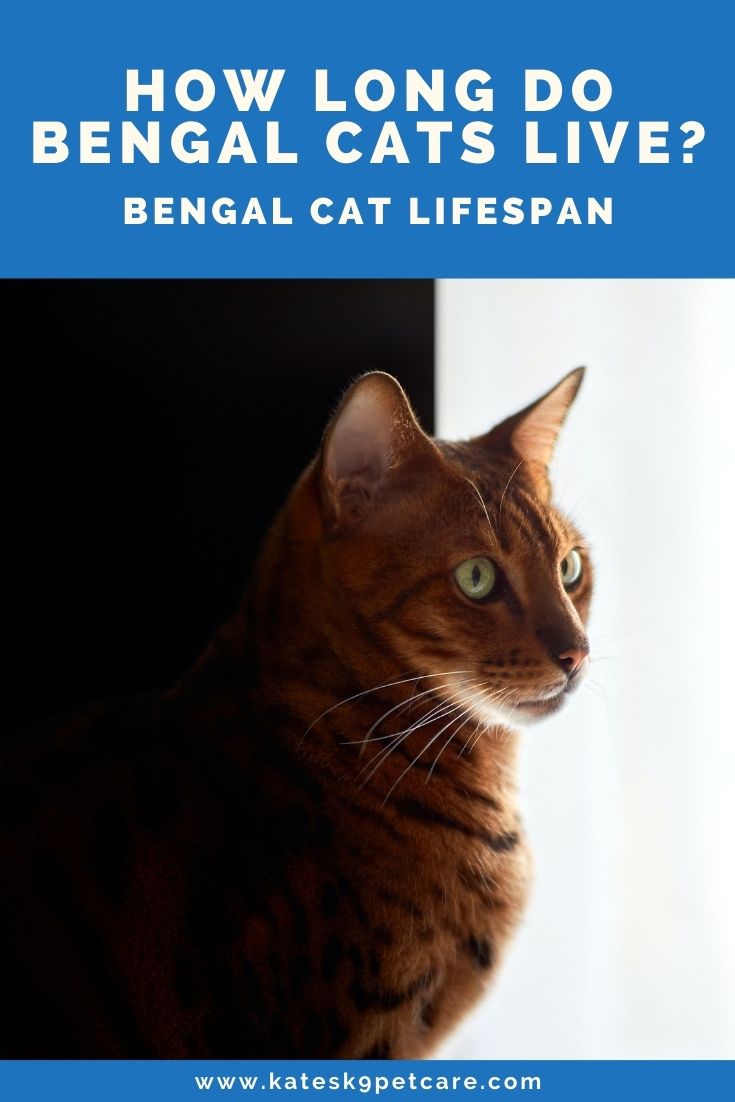
Making sure your Bengal lives a long and happy life
Okay, so a Bengal cat can live for up to 20 years. But how do you ensure you’re doing everything you can to help yours live to a ripe old age? Although you can’t influence genetics much (aside from finding a responsible breeder who uses healthy bloodlines), you can still greatly influence your cat’s potential lifespan.
First off, make sure the cat you buy has all the necessary documentation. This includes vaccinations like the FVRCP combination, rabies shot and possibly feline leukemia and bordetella shots. It also needs to have been tested for all the hereditary diseases specific to Bengals and domestic cats in general:
- Progressive Retinal Atrophy, which causes blindness
- Pyruvate kinase (PK) deficiency, which causes periodic anemia
- Hypertrophic cardiomyopathy (breeders need to ensure this common heart disease doesn’t pop up in their lines)
If you’re not planning on breeding your new cat, getting it spayed or neutered is also a good idea. It greatly reduces the risk of certain diseases, including cancers.
Nutrition
A proper diet can make a massive difference when it comes to Bengal lifespan and cat health in general. You may want to consider investigating the possibility of putting together a raw diet for your feline friend, as commercial kibble doesn’t tend to contain optimal ingredients and can cause cats to become chronically dehydrated.
If raw food is not an option (it takes some research to get it right!) be sure to at least feed plenty of high-quality wet foods. Don’t forget to also provide plenty of sources of fresh water. A water fountain can be handy, since many cats prefer running water.
Exercise
This one shouldn’t be too much of an issue with Bengal cats, since they’re a very active breed. If you don’t provide regular exercise options, your cat won’t just be at an increased risk of obesity and other issues, but it’ll also drive you up the wall. They need plenty of daily playtime and to be taken for walks regularly if they don’t have access to a (fenced-in) outdoor area to run around. A bored Bengal can become very destructive!
We don’t recommend letting your Bengal roam freely outdoors. Aside from the fact that these are attractive and pricey cats that are commonly stolen, outdoor cats have lower lifespans. Staying indoors, ideally with access to a catio or something like a secured balcony or deck, is much safer for your cat.
Don’t forget to also regularly weigh your feline friend to ensure it’s still in the proper weight range (10-15 pounds for males and 8-10 pounds for females, although it does depend a little on the cat’s size).
Enrichment
Cats are curious and intelligent creatures that need plenty of enrichment to keep them from getting bored. Exercise, as mentioned above, is great – but there are more things you can do to keep your Bengal’s smart brain occupied. Provide a variety of toys and foraging opportunities, and spend lots of time together.
Health
As described, your Bengal should always be properly vaccinated and have undergone tests for certain hereditary issues. It doesn’t end there, though: you should also go for regular vet check-ups. Don’t forego them just because your cat seems fine! They’re very good at hiding any discomfort or pain.
Be sure to ask your vet t have a look at your Bengal’s teeth when you’re there for a check-up. Feline dental disease is actually one of the most common issues that can affect our domestic cats and it can negatively affect quality of life and even lifespan. You should get your furry friend used to having its teeth brushed at least once every other day.

You can take your Bengal on regular walks: it’s great for exercise purposes, bonding and just to have fun together.
Conclusion
How long do Bengal cats live? As you’ve hopefully concluded, the answer to this question is more than just a simple number. It’s your responsibility as a cat owner to do everything you can to ensure your feline friend lives a long and happy life! If you do, your Bengal could potentially live for up to 20 years.


